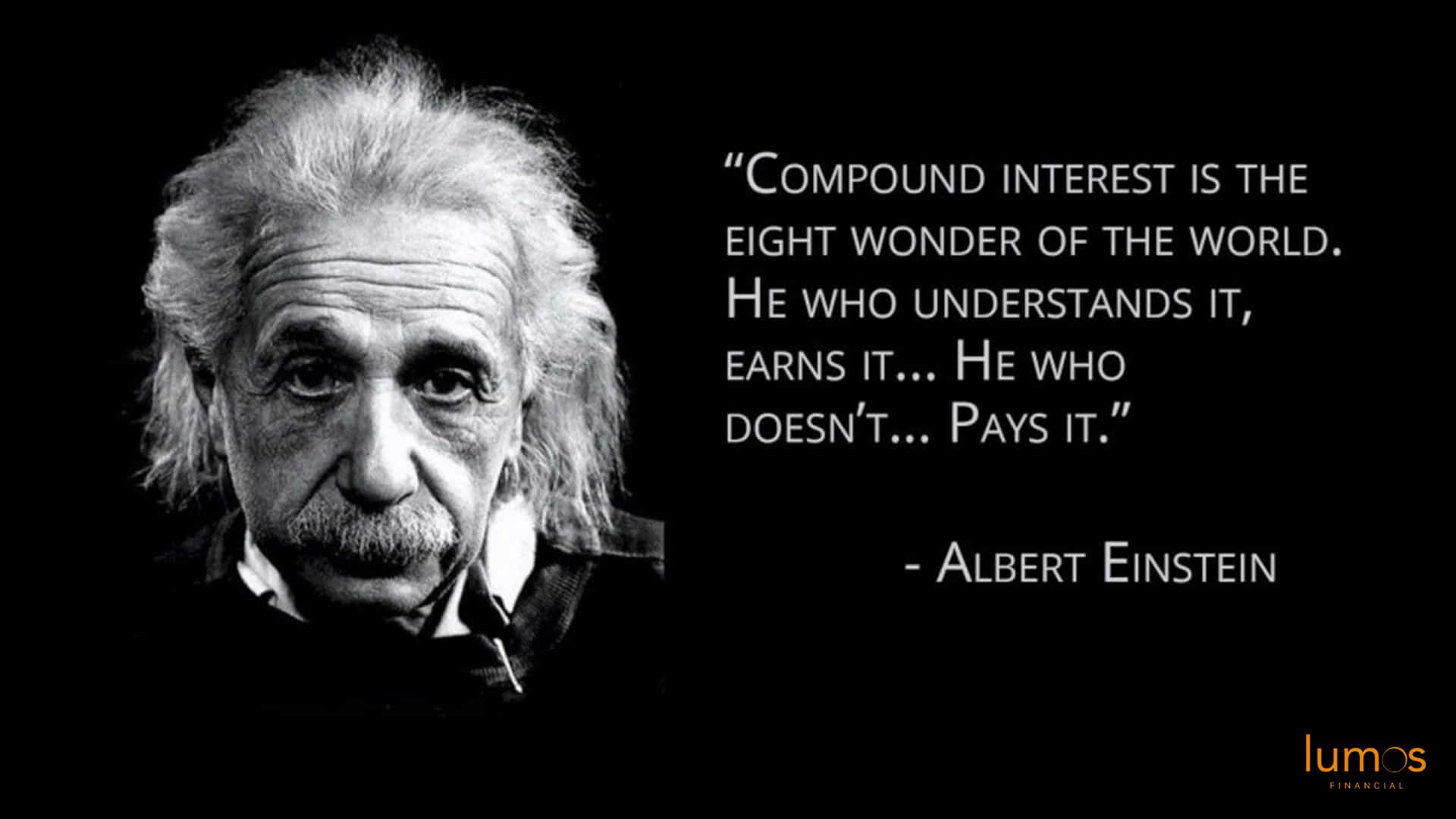Growing up as a geeky seven-year-old I remember being taken to my local mosque with my Dad, where I would have to sit through painstakingly boring lectures and eulogies. This experience was made even worse by the fact that everything was delivered in a foreign language, along with the agony of knowing that some of my friends were allowed to loaf outside with the older cool kids. I have to add that things have improved for the current generation with all programs delivered in English!! My dad’s instructions were quite simple, “Shabbar, sit still and be quiet”. I obliged, knowing that my reward for compliance would be some sweets from the little tuck shop located at the entrance, and disobedience could lead to something not as pleasant as a bag of gobstoppers and sugary strawberry laces.
So, you might be wondering what this has to do with money and wealth creation. Well, it boils down to one key word…Discipline. Sitting still and doing nothing, whilst profitable for me as a seven year old, is even more profitable for me and my clients when it comes to investing.
Research conducted by Dalbar, a consultancy firm in the US which studies investor behaviour and market returns, showed that the average investor earns below the market average. For the 20 years leading to December 2015, the S&P 500 Index averaged 9.85% a year, a pretty attractive return. The average equity fund investor however, earned only 5.19%. So, what explains this rather bizarre underachievement, whereby investors are literally giving away over 50% of the average market returns.
You may have guessed already, but the secret to this self sabotage on the part of investors boils down to inappropriate behaviour. The difference in returns experienced by investors which can be attributed to their behaviour has been coined the “behavior gap” by author and financial adviser Carl Richards (he’s a yank and that’s why there is no ‘u’ in behaviour, just in case the really alert reader starts to email in with feedback about my inability to use spell checker!) So, let’s examine a few of the key poor behaviours that investors show when dealing with their investments.
Buying High
Study after study has shown that when the stock market goes up, we all pile in with more of our money. When it goes down, we tend to start pulling money out. It’s like going shopping when the price of something goes up and then returning it when it’s on sale, except that you only get refunded the sale price. It’s a display of irrational behaviour that only leads to lower returns against the market average.
On the back of this behaviour, some investors will buy the hottest funds currently available, based on recent performance. When these previous hot funds inevitably cool down, they chase the next set of funds they perceive to be “winners”. This chasing of performance coupled with the “in/out” hokey cokey dance is a recipe for disaster.
Overreacting
As human beings our tendency is to overreact to good news or bad news. This isn’t helped by the sensationalist, over-exaggerated drama spectacle that is our News industry. Or as a mentor of mine termed it: Negative Events World Service. Overreacting and making rash decisions can be detrimental to our wealth creation. Whilst illogical financial decisions seem bizarre with hindsight, at the moment when they are made our minds are often hijacked and our decision-making compromised. The study of behavioural finance goes into some depth in analysing these quirks of the human condition, and a couple of these are briefly summarised below.
Recency Bias occurs when people’s expectations are pinned on the most recent events or experiences. They fail to take a longer view of the past and tend to forget about these events and the lessons they perhaps learned. When markets rise, our expectations, usually fuelled by greed allow us to become wildly optimistic that prices will continue their upward trend. The tendency is to get caught up in this cycle of a boom, and perhaps we would better served to remember the past trends. The same is true in declining markets, where investors fail to remember that the declines are temporary and that previous downward cycles have always been met with an upward movement. However, recalling these past events is often difficult when caught in the noise of the present.
Overconfidence is a serious and dangerous problem, and if you think it doesn’t affect you, that’s probably because you are overconfident! As overconfidence increases, so does the cost of our mistakes as we are prepared to take on more and more risk. The smartest investors are the ones who are aware of their limitations, knowing that they are not smart enough to forecast events or pick the best stocks. I remember back in the tech boom of 2000, I suffered from a serious bout of overconfidence that cost me thousands of pounds. As an economics student, of one year only, having read a few journals and riding on the optimism of a rising market, I blindly invested thousands of pounds of student loan money into tech stocks that I had little clue about. Needless to say, it didn’t end well, but better to make your mistake early.
So, what can be done to protect ourselves from making horrendous decisions that will damage the returns we can get from investing and hamper our journey to wealth creation?
A good financial adviser will often serve as a fantastic barrier between your emotions and tendency to act in an irrational manner. That could save you thousands of pounds over the course of your lifetime. I regularly coach my clients into better financial behaviours and it really helps to have an investment counsellor at hand when there are choppy waters.
However, the best advice still comes from Dad, when I was only seven years old. “Sit still and be quiet”. Doing nothing, although counterintuitive, is the best form of action when it comes to investing for the long term. Once you have a plan in place that is fit to meet your goals and objectives, there is very little that needs to be done. The market will deliver to you all the returns you require, and the disciplined approach to investing will not fail you.
This guide is for information purposes and does not constitute financial advice, which should be based on your individual circumstances.
The value of investments may go down as well as up and you may get back less than you invest.
Past performance is not a reliable indicator of future performance.










